Aging isn’t easy — on our bodies, or on the way we feel about them. As we get older, our skin texture changes, fine lines form, and under-eye circles become a little more stubborn. But while the results may take some getting used to at first, aging is also an adventure. Our faces reflect a lifetime of lessons learned, experiences lived, and feelings navigated along the way. An aging face is a badge of honor — which is why it’s time to set “anti-aging” free.
That’s not to say you should abandon your skin care routine or the beauty treatments you look forward to — we’re big proponents of doing whatever makes you feel your best. Rather, it’s a matter of approaching self-care as a way of celebrating your body instead of warding off the passage of time. Living your best life while embracing your age is a radical act in a society that pushes youthfulness as social currency, and to reclaim aging as a stage to be celebrated can be liberating. Here are even more reasons why it’s time to bid “anti-aging” adieu.

Aging Is a Privilege
“Anti-aging" makes it sound like aging is a bad thing. But getting more time with your friends and family is something many of us hope for. Plus, something happens to many of us when we hit a certain age where we become more confident, more sure of ourselves and our beliefs. That confidence allows us to be more outspoken, take unexpected trips, and stand by our convictions — all while worrying less about what others think.

You Can’t Actually Stop the Aging Process
Moisturizer, SPF, and face wash are all important in keeping skin healthy, hydrated, and protected, but none of them can prevent you from getting older. Serums and scrubs can’t reverse time either. There’s no such thing as the fountain of youth, nor is there a miracle elixir to erase all signs of aging. Expensive anti-aging products can make a small difference in the look of fine lines and wrinkles, but they can't completely transform your face.
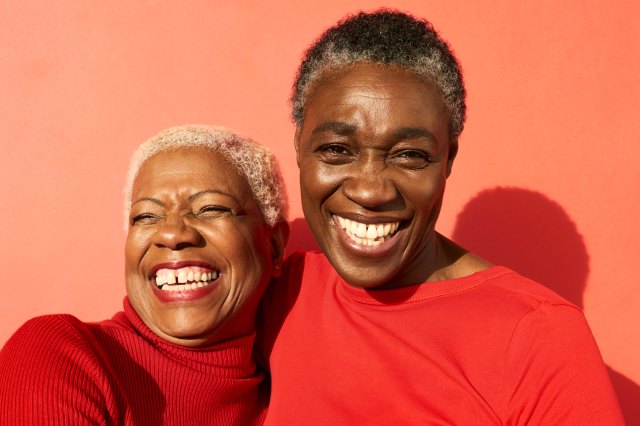
“Anti-Aging” Is Expensive
There’s a marked difference between treating your skin with love and pouring time and resources into a sect of the industry built on shaming signs of age. Peels, injections, and so-called miracle serums don’t come cheap, and they’re not a one-time expense, either. Even if you do see results from a product or treatment, they’re likely short-term, which means you’ll have to keep going back for more. Your money is better spent on maintaining your skin barrier and giving your skin what it needs to be healthy long-term.
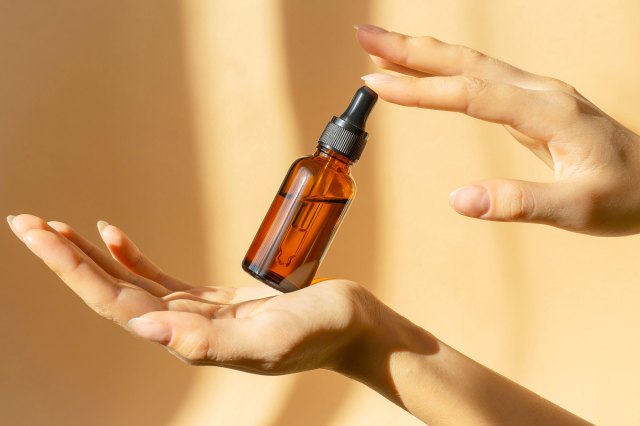
There Can Be Too Much of a Good Thing
Slathering on too many products can sometimes “age” us. And that’s because too much exposure to chemicals (even if they’re supposed to be “helpful”) can result in the equivalent of too much exposure to pollutants or UV rays. This means our attempts at anti-aging (read: applying a multiple-step beauty regimen nightly) could actually have a counter-effect, causing redness, dryness, and puffiness — arguably, traits we also attribute to aging.
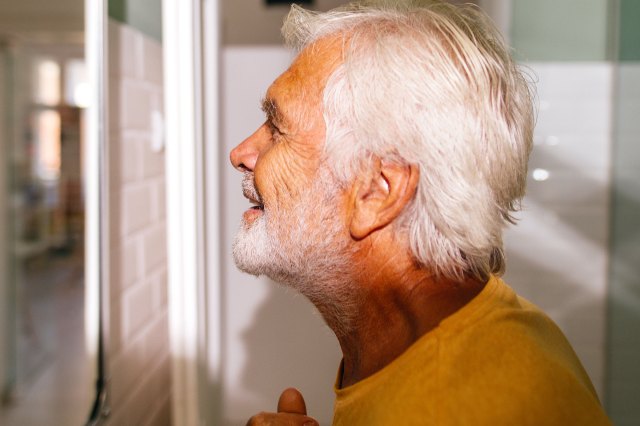
“Anti-Aging” Is a Gendered Problem
There’s a double standard when it comes to aging in that men aren’t typically pressured to look younger. So when faced with anti-aging rhetoric, it’s important to question what’s normal and why. By emphasizing age as a condition to be dealt with, we send a message to girls that they have a shelf-life. But by framing age as a new lens through which we can examine the world and one’s body within it, we can empower the next generation — who are already celebrating the experience of being themselves.
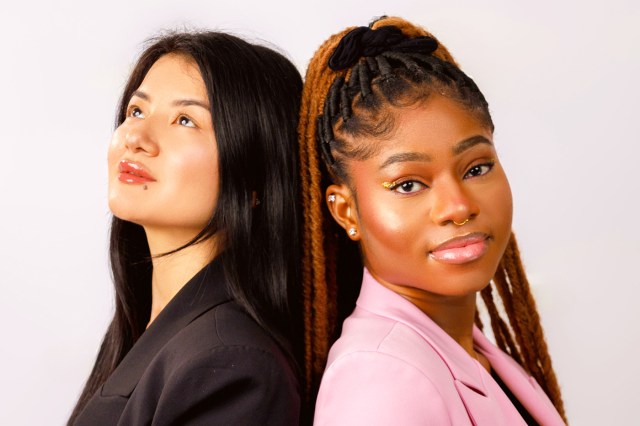
Authenticity Reigns Supreme
Surprisingly, we owe social media a thank you: Through TikTok and Instagram, there’s been a push to embrace authenticity over eternal youth or “flawlessness,” especially since our so-called “flaws” are what make us unique. In 2022, Julia Fox posted about abandoning anti-aging rhetoric, declaring, “Old is in.” Embracing one’s age isn’t a fad, though; instead, it’s an ethos acknowledging that age (or seeming “old,” a subjective term that somehow became a pejorative) is nothing to apologize for.
This article is for general informational purposes only.
Affiliate Disclaimer Medical Disclaimer




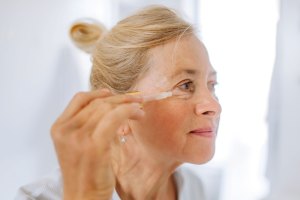





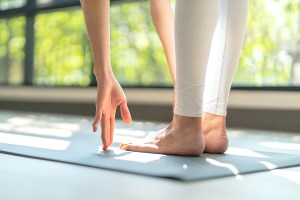


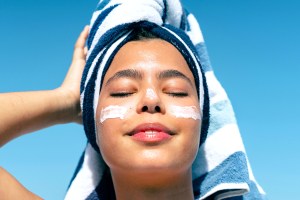


 Unique Beauty is free for all users.
Unique Beauty is free for all users.